What’s the Buzz
The Bee Healthy Blog
What is Cystic Fibrosis?

Cystic fibrosis is an inherited disease that causes repeated lung infections due to thick mucus and other complications. According to the Cystic Fibrosis Foundation, some 30,000 people in the United States live with this chronic illness, and 1,000 new cases are diagnosed every year. Please continue reading to learn more about cystic fibrosis (CF).
What are the causes of cystic fibrosis?
Cystic fibrosis is an autosomal recessive genetic disorder, meaning you inherit it from your parents and have it from birth. It occurs due to a mutation (abnormality or defect) in the cystic fibrosis transmembrane conductance regulator (CFTR) gene. This mutation causes mucus in various organs in the body to become thick and sticky and block ducts and tubes.
How cystic fibrosis affects the body
The faulty gene in people with CF affects all glands in many organ systems in the body. It primarily affects lung function because the thick and sticky mucus blocks the airways and traps germs, leading to inflammation, infections, and other complications. That’s why people with CF need to avoid germs as much as possible.
Cystic fibrosis also affects other organs like the pancreas, where the thick mucus prevents the release of digestive enzymes. This leads to poor absorption of important nutrients from the digestive tract, which in turn causes malnutrition and poor growth. The effects of CF on the pancreas can also lead to cystic fibrosis-related diabetes due to insulin deficiency.
In the liver, the thick mucus can lead to liver disease due to blockage of the bile duct.
Cystic fibrosis also affects reproductive organs. The majority of men with cystic fibrosis have an absence of the vas deferens (sperm canal), which can affect their ability to have children.
Why can’t cystic fibrosis patients be together?
When people with cystic fibrosis are in close proximity to others with this condition, it increases the risk of cross-infection, i.e., the spread of dangerous germs amongst these individuals. Not only is it challenging to fight lung infections in CF patients, but frequent lung infections can lead to worsening CF symptoms and a faster progression to respiratory failure.
Is cystic fibrosis contagious?
No, cystic fibrosis is not contagious. It is a genetic disease. You have to inherit a faulty gene from both parents to have cystic fibrosis.
Some people inherit only one copy of the faulty CF gene. Such individuals are called CF carriers. They do not have any CF symptoms and often remain unaware that they have a gene mutation or genetic disorder unless they undergo genetic tests or have a child who receives a CF diagnosis.
How is cystic fibrosis inherited?
If two CF carriers have a child, there is a 25% chance that the child will inherit two copies of the faulty gene and have cystic fibrosis; a 50% chance that the child will inherit only one copy of the faulty gene and be a CF carrier but not have the condition; and a 25% chance that the child will not inherit even one copy of the CF gene and therefore not be a carrier.
If there is a history of cystic fibrosis in your family, a genetic counselor can help you understand the risks of passing on a faulty gene to your child. They can also help you decide if you should undergo genetic tests or prenatal screening.
What are the symptoms of cystic fibrosis?
CF symptoms include:
- A very salty taste to the skin
- Respiratory symptoms like persistent cough with or without phlegm, wheezing, and shortness of breath
- Repeated lung infections, including bronchitis and pneumonia
- Failure to grow well or gain weight despite a good appetite
- Difficulties with bowel movements, such as frequent greasy and bulky stools
- Chronic sinus infections
- Nasal polyps
- Clubbing of the fingertips and toes (rounded, enlarged, bulging toes and fingertips)
- Rectal prolapse
- Infertility in males
How is cystic fibrosis diagnosed?
As mentioned, cystic fibrosis is a genetic condition present from birth. Most people with CF receive an early diagnosis, usually by the age of 2 years, although some do not receive a CF diagnosis until adulthood.
Doctors diagnose cystic fibrosis through newborn screening, a sweat test (which measures the amount of salt in the sweat), carrier testing of parents to see if they have a faulty CF gene, and clinical evaluation at a medical center accredited by the Cystic Fibrosis Foundation.
How is cystic fibrosis treated?
Cystic fibrosis is a complex disease, and it can look very different in different people.
Symptoms can vary significantly from person to person. Therefore, the treatment plan for managing CF is tailored to an individual’s needs.
Some of the treatment methods commonly used for CF patients are airway clearance techniques to loosen and clear mucus from the lungs. These include breathing exercises called chest physical therapy, positive expiratory pressure (PEP) therapy, active cycle of breathing techniques, postural drainage, airway-oscillating devices, external high-frequency chest compression devices, and others.
People with CF also benefit from a personalized fitness plan to help improve lung function, energy, and overall health status.
Other treatments are symptom and complication-based, such as bowel surgery for intestinal blockage, liver transplant for severe liver disease, and lung transplant for respiratory failure in people with advanced cystic fibrosis.
What medications are used to treat cystic fibrosis?
Inhaled medicines are frequently used to treat respiratory signs and symptoms in people with CF. These may include:
- Bronchodilators such as albuterol, Combivent, and Xopenex to help open up the airways.
- Hypertonic saline (7%) to clear mucus and improve breathing problems.
- Pulmozyme to help loosen mucus.
- Antibiotics to treat lung infections.
- Steroids such as Flovent, Pulmicort, QVAR to slow the progression of the disease.
- CFTR modulator medications such as ivacaftor (Kalydeco), lumacaftor/ivacaftor (Orkambi), tezacaftor/ivacaftor (Symdeko), and elexacaftor/tezacaftor/ivacaftor (Trikafta). These drugs target the defect in the CFTR protein. However, they are only effective in people with specific CF mutations.
Other non-respiratory medications include:
- Pancreatic enzyme supplements to improve digestive function and absorption of important nutrients.
- Multivitamins to supplement vital nutrients.
What is recommended for a cystic fibrosis diet?
People with CF should eat a healthy, balanced diet with plenty of fresh fruits and veggies, protein, whole grains, and dairy products. In addition, to address some of the specific nutritional needs of this lung disease, people with CF should eat:
- Protein. The aim should be to get approximately 15-20% of calories from protein-rich foods like meats, fish, eggs, soy, nuts, and beans.
- Calcium. Full-fat dairy products provide fat and calories. People with CF need calcium to reduce their risk of osteoporosis (weak bones).
- Iron. Foods like meats, dried fruits, fortified cereals, and dark green vegetables are rich in iron. Iron helps to fight and prevent infections.
- Salt. Salty snacks and sports drinks can help replace lost salt. People with CF lose a lot of salt through their sweat glands.
- Zinc. Meats, eggs, liver, and seafood are good sources of this vital nutrient that is needed for growth and healing.
Outlook for CF patients
There have been tremendous advancements in managing cystic fibrosis and improving the quality of life and life expectancy of people with CF. In the 1950s, children with this genetic disease did not survive past the elementary school years. Now, it is common for people with cystic fibrosis to attend college, pursue careers, get married, and have kids. Research and clinical trials are underway to find more treatments and possibly even a cure for cystic fibrosis.
References:
- https://www.cff.org/intro-cf/about-cystic-fibrosis#
- https://www.ncbi.nlm.nih.gov/books/NBK545192/
- https://www.ncbi.nlm.nih.gov/pmc/articles/PMC6353051/
- https://www.cff.org/managing-cf/cftr-modulator-therapies
- https://www.hopkinsallchildrens.org/Patients-Families/Health-Library/HealthDocNew/Cystic-Fibrosis-Diet-and-Nutrition
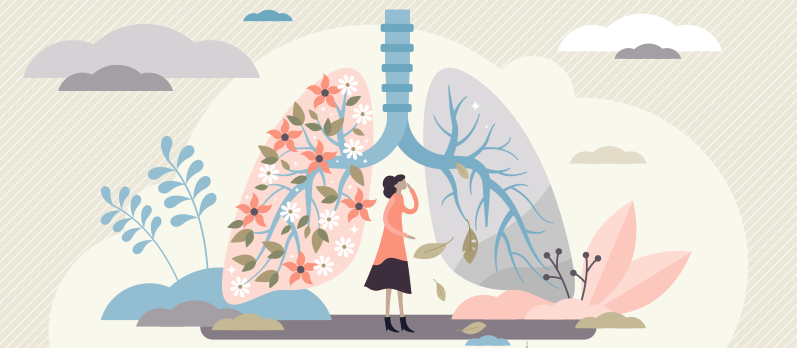
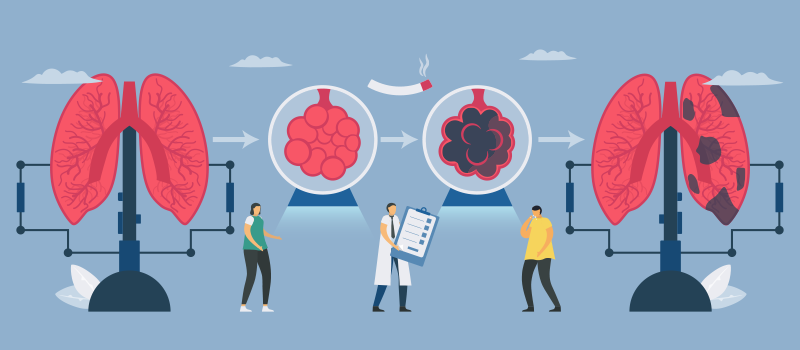
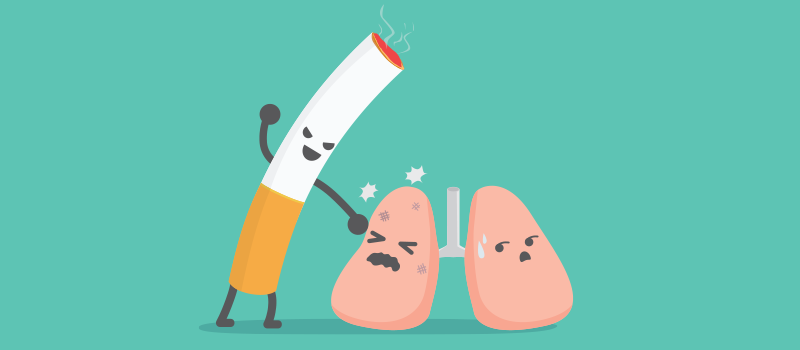

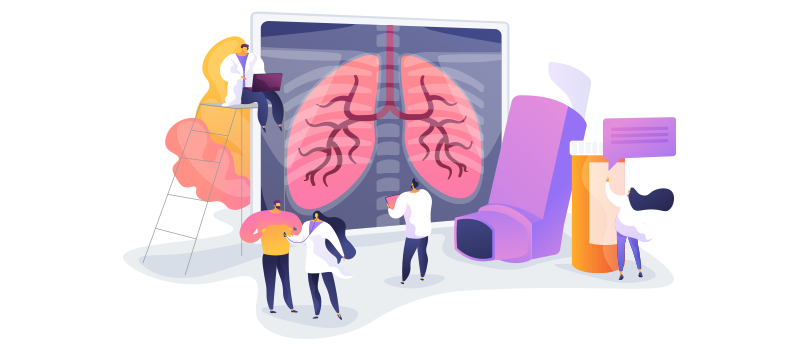

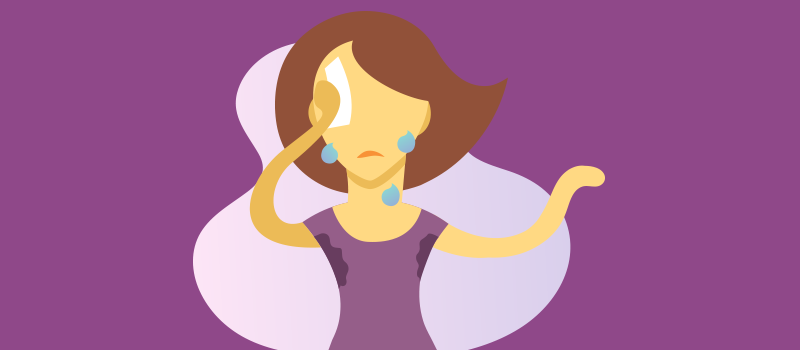


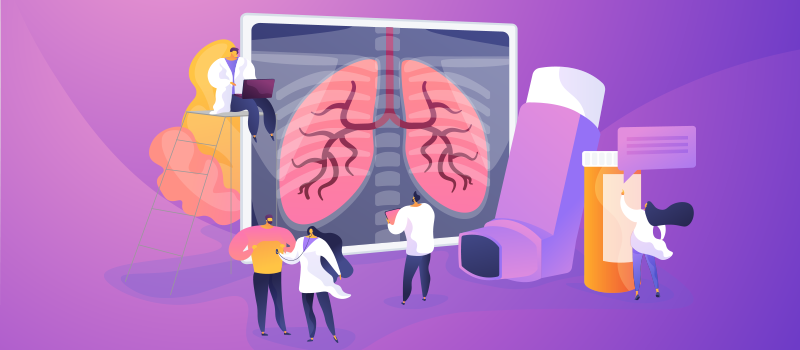


SOCIAL